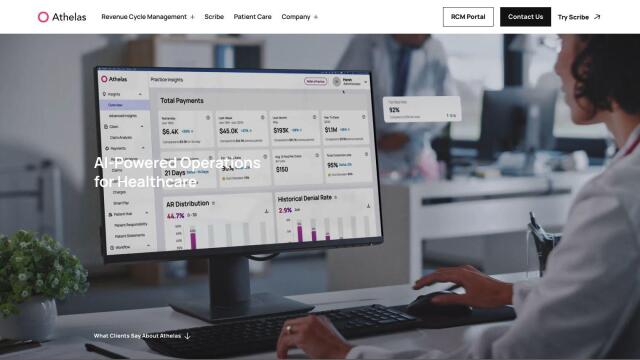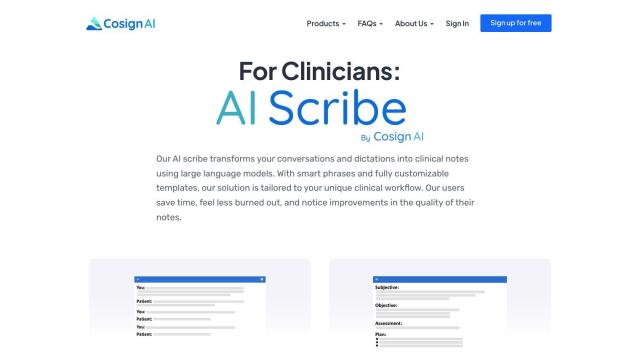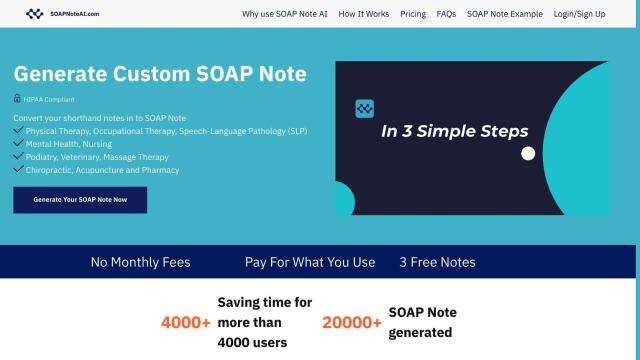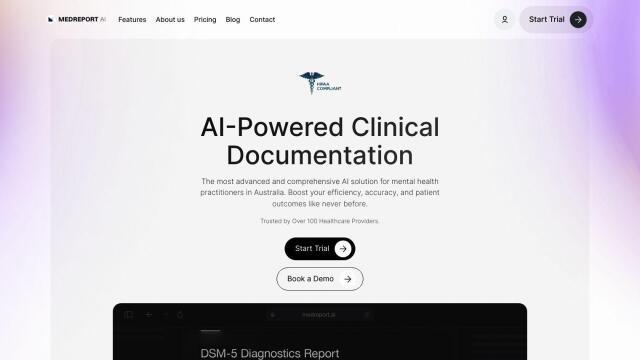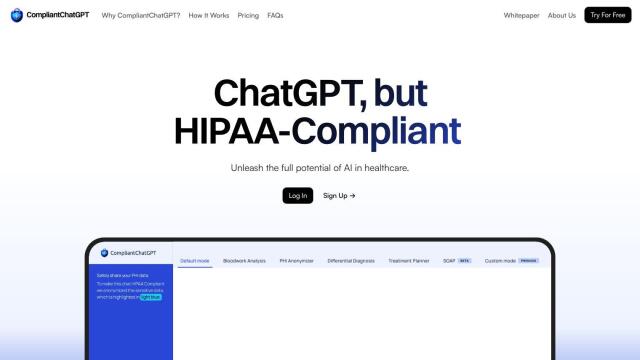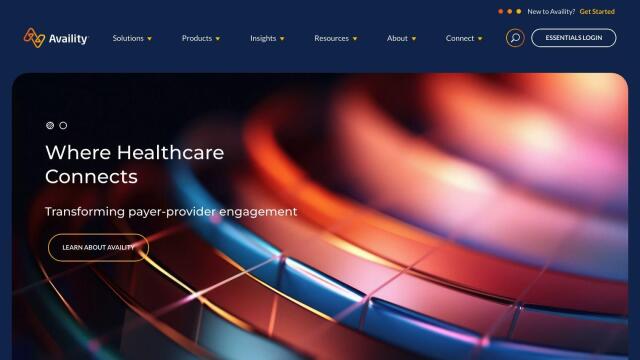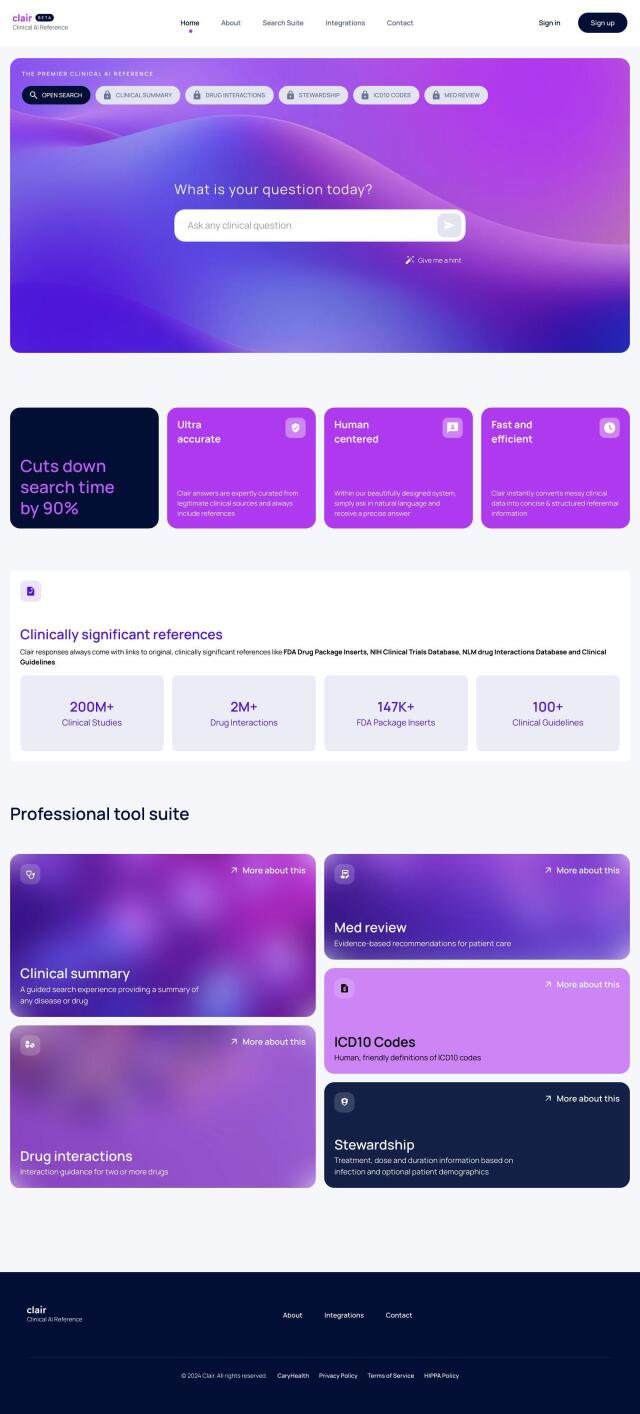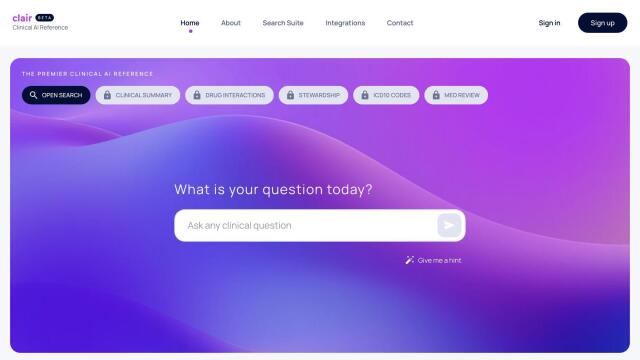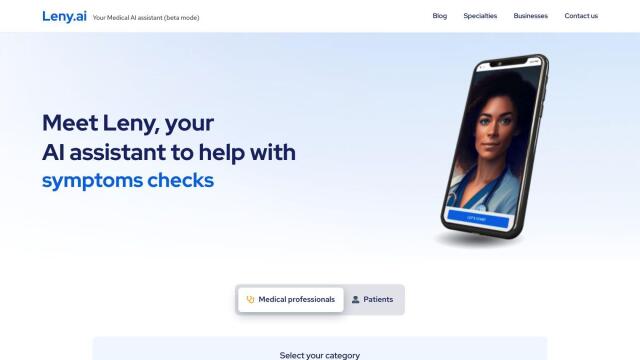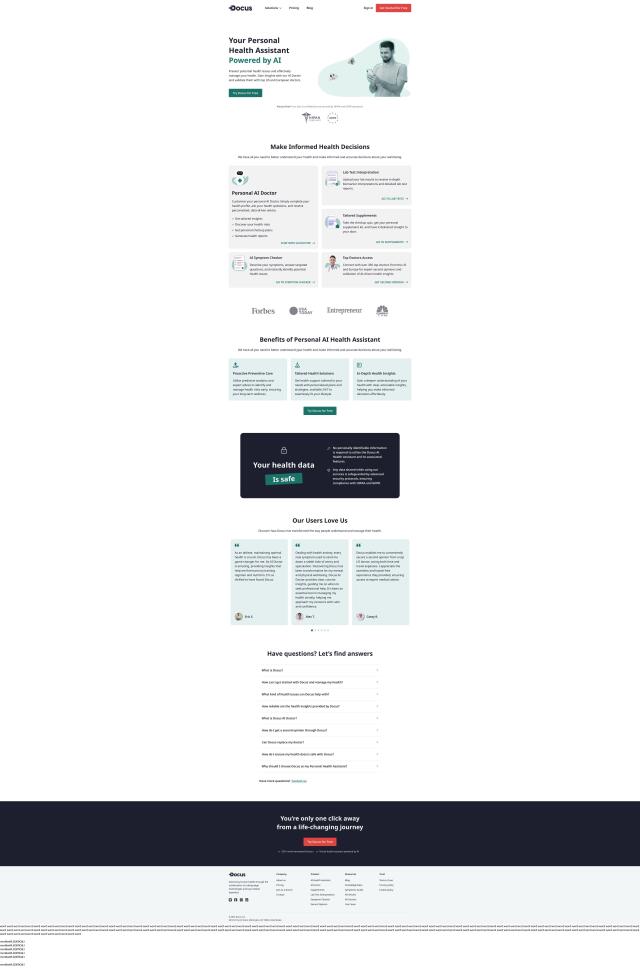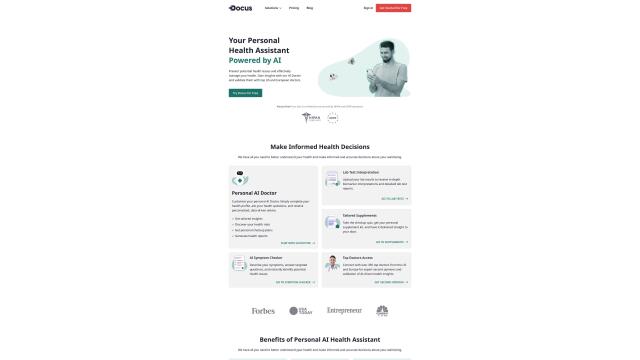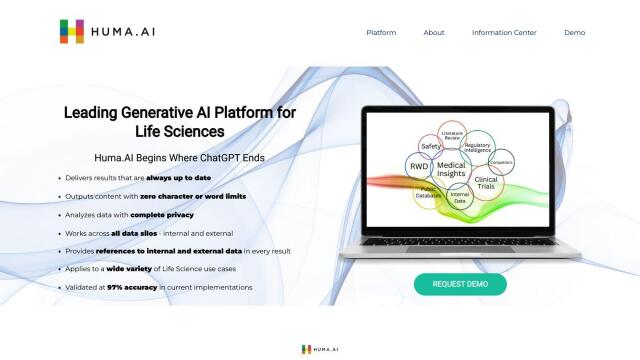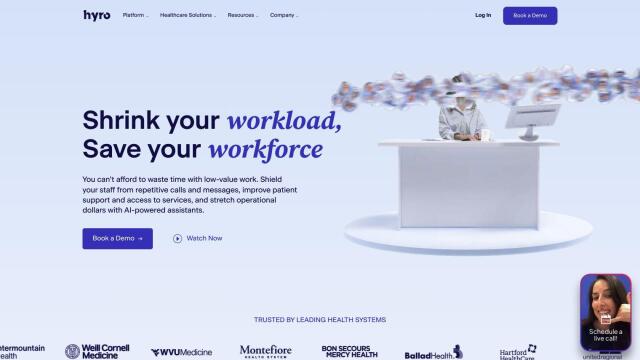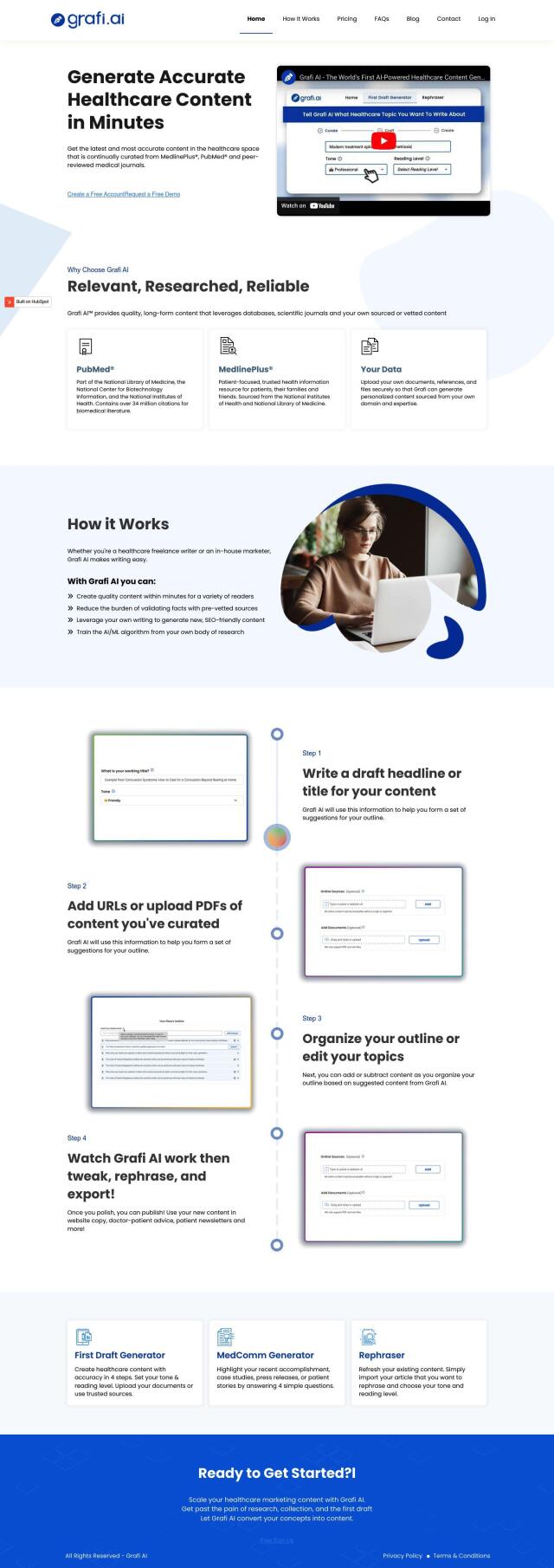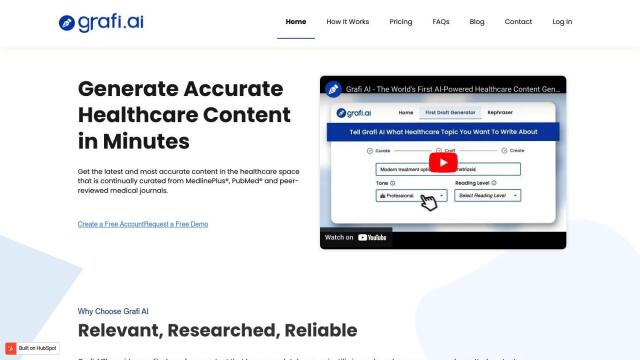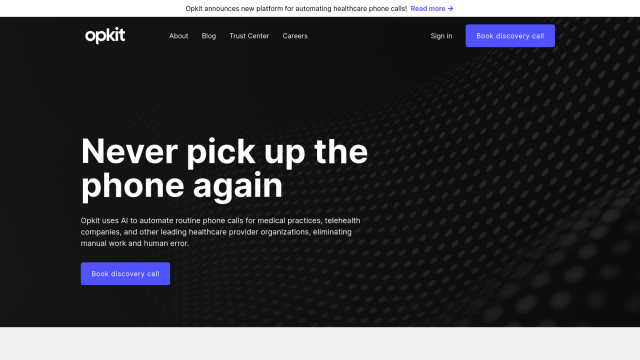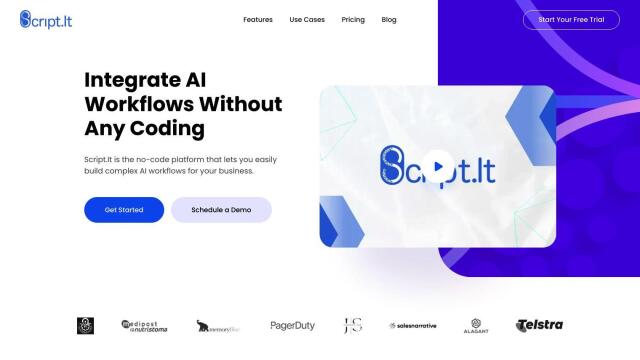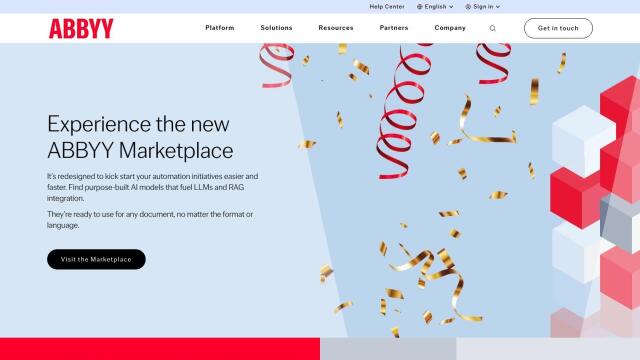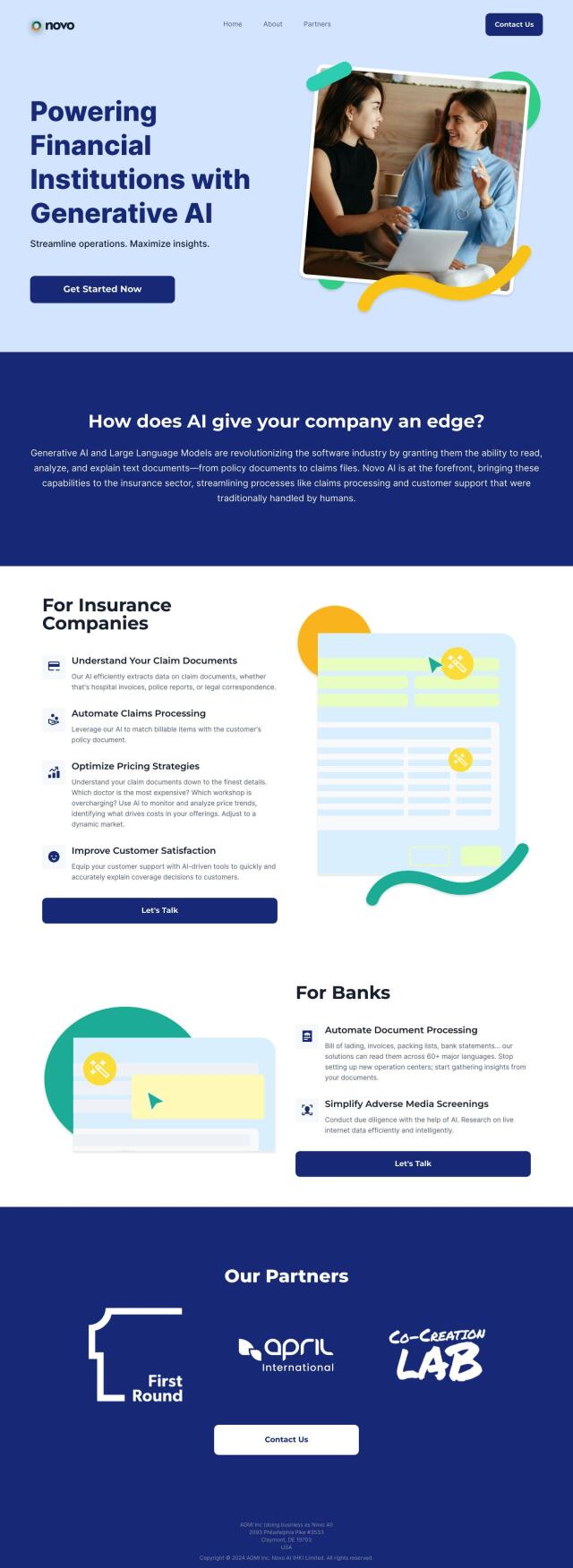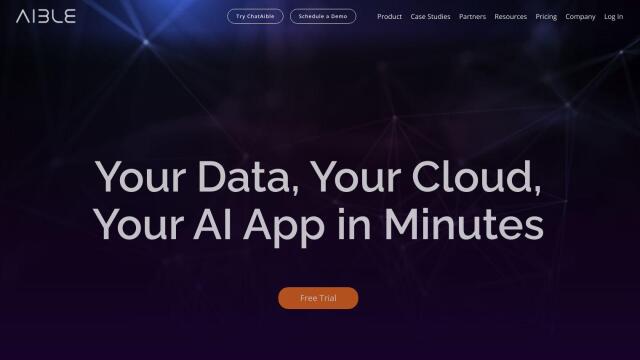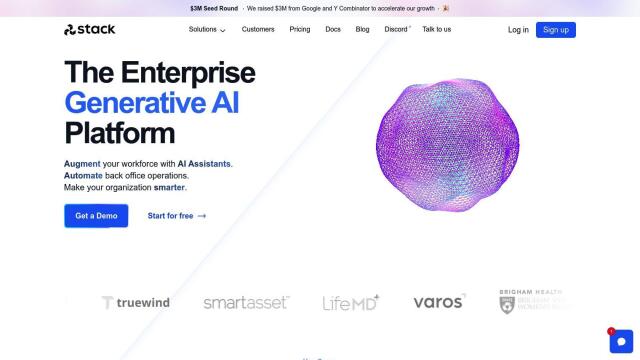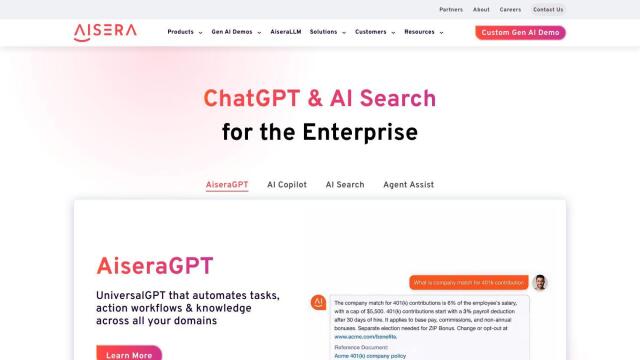Question: Can you recommend a medical coding solution that uses AI to improve accuracy and reduce claim denials?

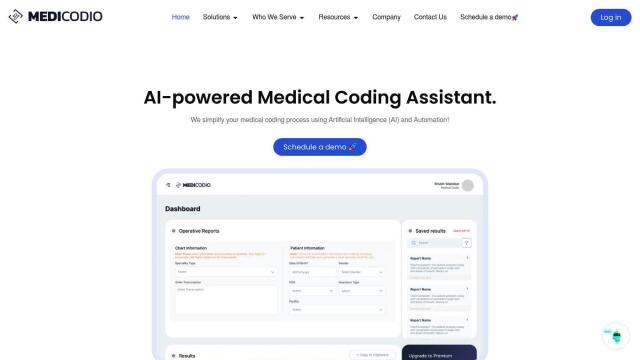
Medicodio
If you're looking for a medical coding solution that uses AI to improve accuracy and lower claim denials, Medicodio is worth a look. This AI-powered solution automates the medical coding and billing process, using the latest technologies like AI, ML, RPA and NLP to analyze patient charts and suggest appropriate codes. It promises a 85% improvement in coding accuracy and a 45% reduction in coding time, and it's geared for healthcare providers, revenue cycle management companies and medical coders.

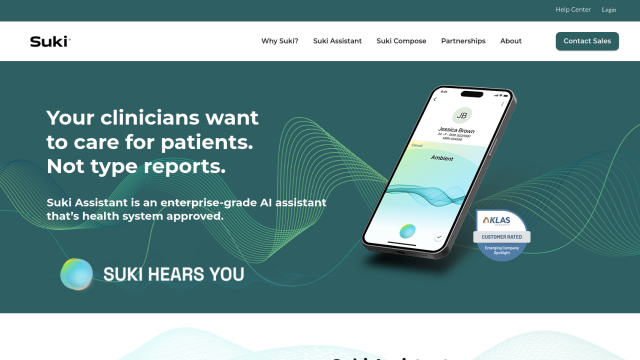
Suki
Another good option is Suki, an AI-powered voice assistant that helps clinicians spend more time with patients by automating administrative tasks. It doesn't directly address coding, but it can generate ambient notes, transcribe dictations and suggest codes, all of which can help speed up clinical workflows and cut down on documentation time. Suki is tightly integrated with big EHR systems and has strong security, so it's a good option for improving productivity and reducing burnout in the health care industry.

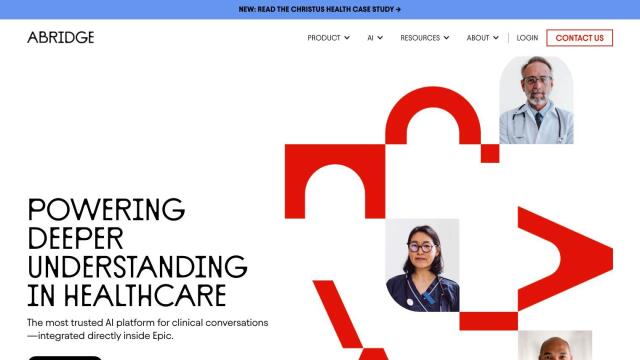
Abridge
If you're looking for a broader documentation solution, check out Abridge. This generative AI platform converts clinical conversations into structured notes that can be embedded directly into Epic systems. It can generate notes in real time in multiple languages and specialties, and it can help clinicians save up to 70 hours per month. Abridge's enterprise offering includes custom governance controls, secure cloud storage and HIPAA compliance, and it's designed to cut down on the burden of documentation and improve care quality.

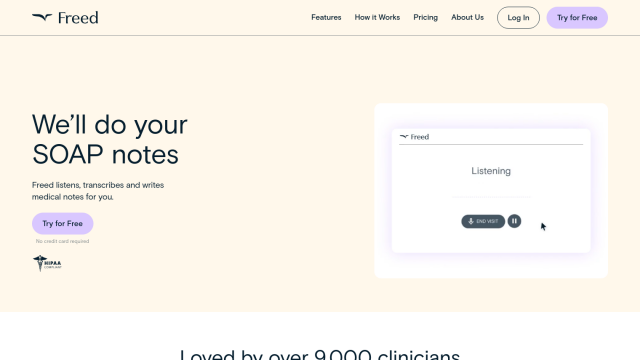
Freed
Last, Freed is an AI-powered medical scribe that can help clinicians free up time for more important things than paperwork. It can generate customized clinical notes quickly and accurately, and it can integrate directly with EHR systems. Freed is designed to improve productivity while reducing stress, so clinicians can spend more time with patients. With its HIPAA-compliant security and custom group plans, Freed is a good option for boosting documentation efficiency.

